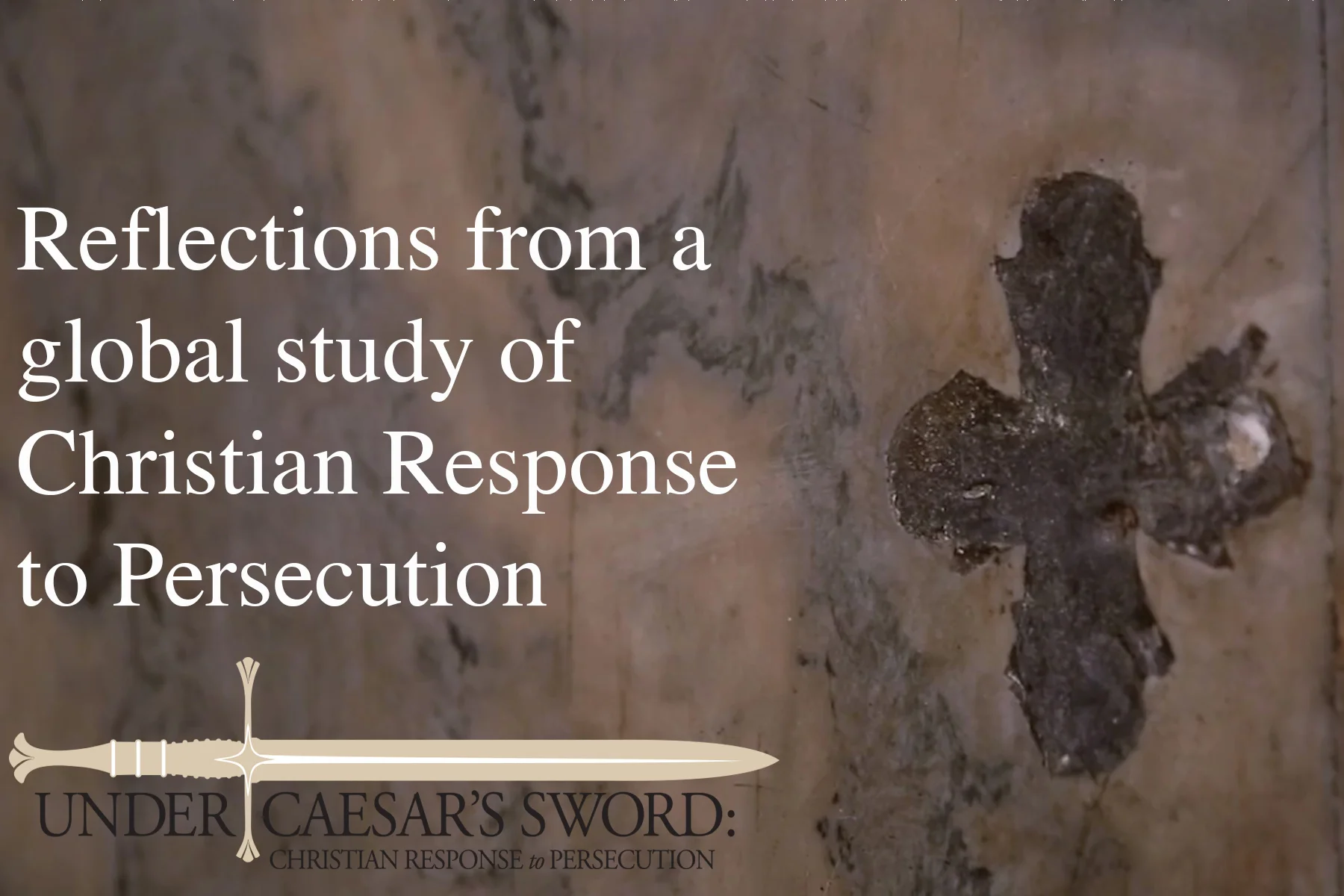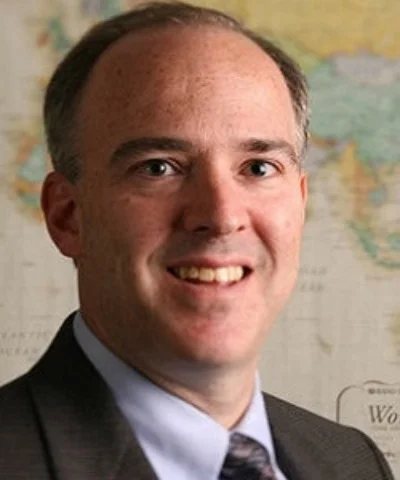Under Caesar’s Sword is a three-year, collaborative global research project by a team of scholars to investigate how Christian communities respond when their religious freedom is severely violated. A public report with the findings of this project will be launched at the Public Symposium: What is to be Done? on April 20, 2017 in Washington, D.C.
Research for this project centered around three core questions:
How do Christian communities respond to repression?
Why do they choose the responses that they do?
What are the results of these responses?
The program is an effort to discover and draw attention to the ways in which Christian communities around the world respond to the severe violation of their religious freedom. These strategies vary widely, ranging from nonviolent protest movements of the kind that Pope John Paul II led in communist Poland, to the complex diplomacy of Christian churches in China, to simply fleeing from persecution en masse, as Christians have in Iraq. Further, the project aims to raise solidarity with persecuted Christians worldwide and to help them respond justly and effectively.
One of the major outcomes from this project is to better inform faith leaders, civil society groups, and governments of concrete actions that can be taken to support those who suffer persecution. These responses will be varied, but should provide observations for supporting any community suffering for their religious beliefs.
This series of blog posts draws from scholars’ research, personal reflections, and responses to current situations of religious persecution.
THE RFI BLOG

Does Southeast Asia Lead the World in Human Flourishing?

RFI Leads Training Session on Religious Freedom Law and Policy for U.S. Army War College

Oral Argument in Charter School Case Highlights Unconstitutional Motives Behind OK Attorney General’s Establishment Clause Claim

Largest Longitudinal Study of Human Flourishing Ever Shows Religion’s Importance

Keys To Human Flourishing: Faith And Relationships Outweigh Wealth
CORNERSTONE FORUM

Reaffirming Religious Freedom: Bridging U.S. Advocacy and Iraq’s Constitutional Framework

Political Polarization, Same-Sex Marriage and Religious Liberty

Bridging the Gap Between International Efforts and Local Realities: Advancing Religious Freedom in the MENA Region

Challenges to Religious Freedom in Iraq and the Critical Need for Action







